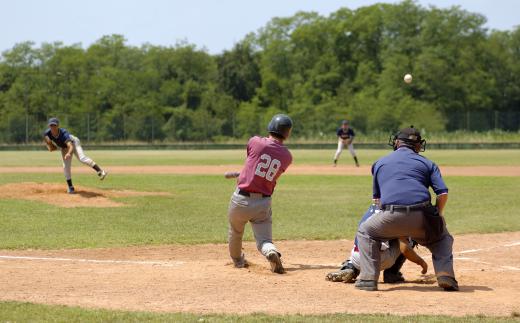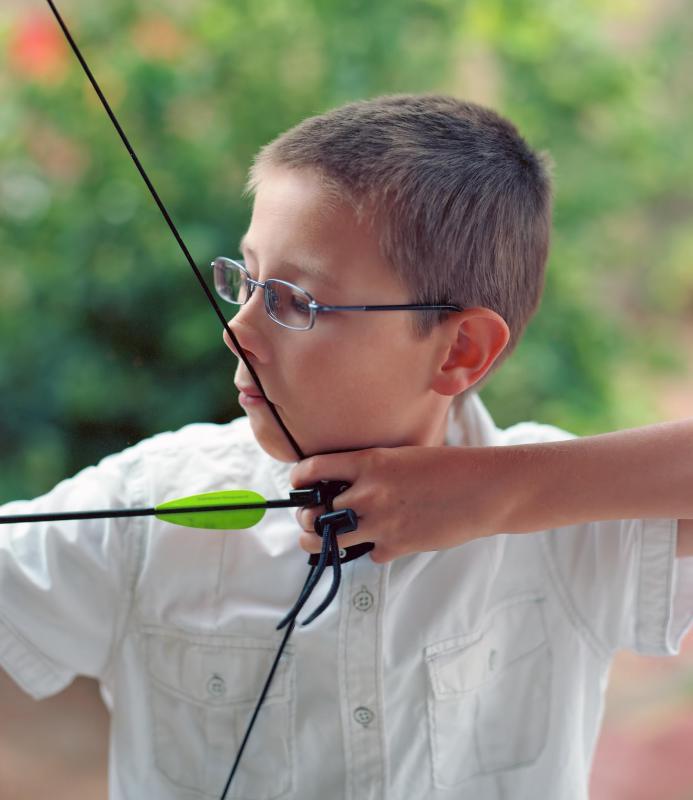At WiseGEEK, we're committed to delivering accurate, trustworthy information. Our expert-authored content is rigorously fact-checked and sourced from credible authorities. Discover how we uphold the highest standards in providing you with reliable knowledge.
What Are Perceptual Motor Skills?
Perceptual motor skills are physical skills that require some perceptual input to be executed based on the intentions of the moving individual. Hand-eye coordination, for instance, is a perceptual motor skill because one must coordinate the physical actions of one's hands with one's visual perception in order to bring about a certain intended result. Simple actions such as walking and avoiding obstacles, kicking a ball, and eating all require perceptual motor skills, as do more complex skills such as those used in dance, martial arts, and many other athletic and artistic activities. Most people develop sufficient perceptual motor skills during childhood, but many choose to further develop them in order to practice a given sport, art, or other pursuit.
Most perceptual motor skills are based on visual perception, as this generally gives the most information about the environment and on the positions of the parts of one's body. When one wants to reach for an object in his environment, for instance, he generally sees the object and then coordinates his physical action based on that visual perception. It is possible to act based on touch, hearing, or even smell, but it is generally much more difficult and leads to movements that are far less precise and less coordinated. Only sight can be used effectively to judge the position of one's limbs in relation to various elements in one's environment.

The perceptual motor skills used in one's day-to-day life are, in most cases, built up during early childhood development. Infants learn how to walk, manipulate objects in their environments, and engage in many other actions that are based in perception. Over time, children learn to more precisely link their actions with their perceptions, thereby conducting such actions in a more graceful and correct manner. A variety of different developmental disorders can cause cognitive, perceptual, or physical problems that delay or entirely prevent the development of some perceptual motor skills.

Though almost all people naturally develop the basic perceptual motor skills necessary for navigating and interacting with their environments, some people choose to develop such skills further. Improving perceptual motor skills, such as hitting a baseball or performing a certain dance movement, requires practice and repetition. At first, one will likely need to move slowly through the action, but with time one tends to become familiar with the relevant physical, perceptual, and environmental factors. With sufficient practice, new physical skills that rely on perception can become completely automatic.
AS FEATURED ON:
AS FEATURED ON:












Discuss this Article
Post your comments